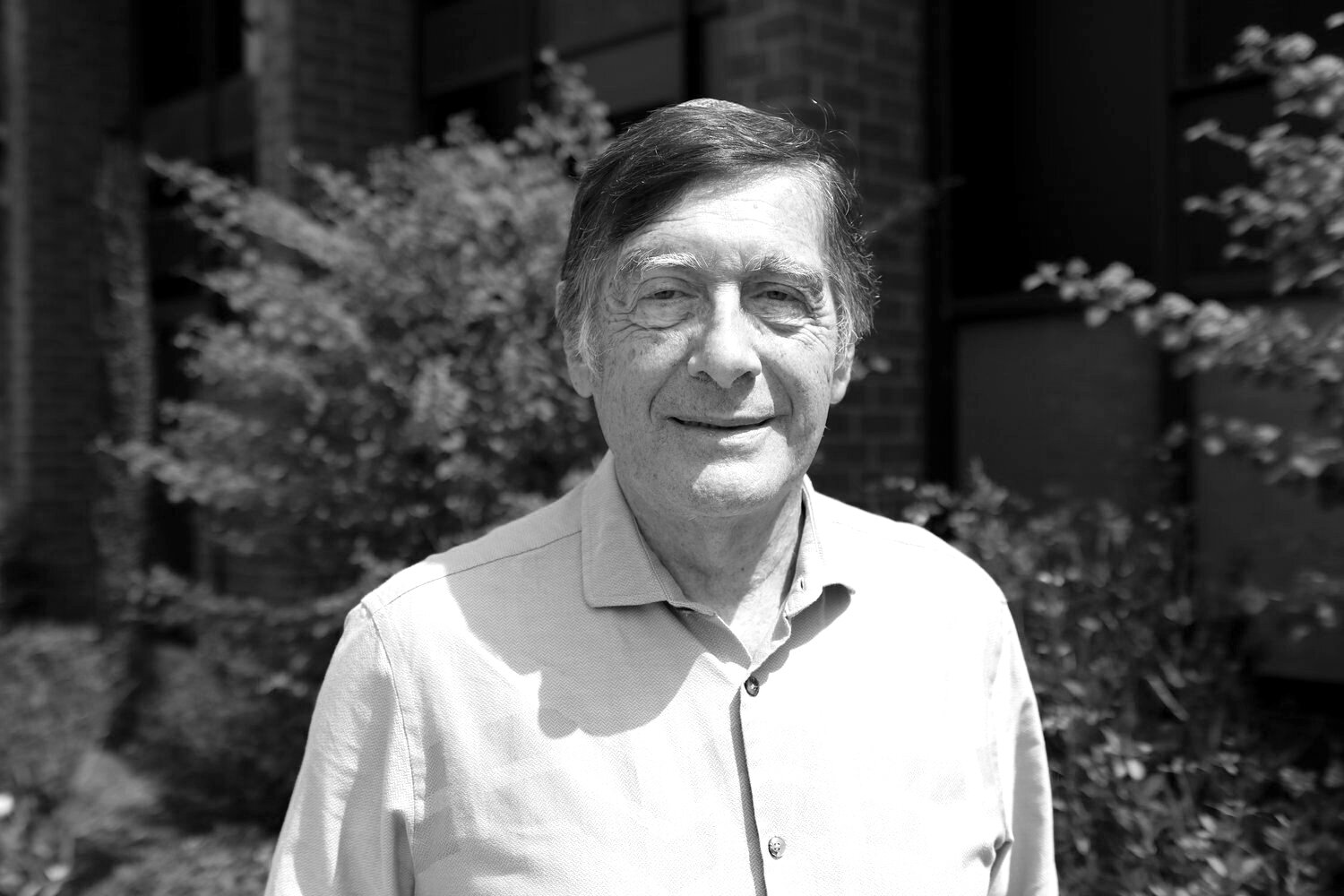Live up to your name
The title of this week’s parashah, Shemot, means “names,” and refers to the names of Jacob’s sons, who entered Egypt as free men. However, in the biblical account of the centuries of bondage that followed, no one in the Israelite nation that sprung from them was given a name until Moses. Until then, Israel was a faceless mass
To free his people, Moses had to grow up away from them, so that he would not absorb their slave mentality. In the pharaoh’s palace, he received his name, an active form meaning “to draw forth”; he would draw his people out of the depths of slavery.
Lists of names occur frequently in the Bible, and evidence is abundant concerning the high significance of individual words. To this day, the Jewish name of every child is announced at their baby-naming ritual: boys at their brit milah, girls at special ceremonies like simchat bat; in this way, we welcome them into Jewish life.
Why are names so important? Or, in Shakespeare’s famous line, “What’s in a name?”
A name is a means of identification, a manner of asserting the uniqueness of each individual. David is David, and Simon is Simon. It is no accident that prisoners are given numbers instead of names. It is certainly against the spirit of Judaism to degrade people by depriving them of their personality in this manner.
The Talmud observes that the names of the angels were mentioned only due to the Babylonian captivity. In the earlier portions of the Bible, the angels have no names precisely because angels were seen as performing specific roles without possessing any real personalities.
Animals, too, have no names. One dog does not differ from another in the way David differs from Simon. The common practice of giving names to pets is, of course, anthropomorphic, endowing animals with human characteristics.
The fact that no two people are alike constitutes evidence of human dignity and supreme worth. As our rabbis say, just as no two human beings have the same face (and, as we now know, the same fingerprints), so, too, the mind of each is different.
This unique Jewish approach to names can be seen as a mighty protest against totalitarianism, which aims to efface individuality and distinctiveness.
Have we not experienced firsthand, as a people, the evils of totalitarian regimes in our times?
According to an old regulation, a synagogue has to have 12 windows, corresponding to the Twelve Tribes, with each window facing heaven. One might add that each member of each particular tribe has a fragment of the divine light, which only they can reveal. David cannot do that for which Simon was created; neither can Simon do that for which David was created.
Every person is a world by themselves, and each possesses both idiosyncrasies and potential.
The Torah challenges us to thrive and live authentically, achieving our full potential.
RABBI DANIEL KRIPPER is the rabbi of Temple Shalom in Middletown.








